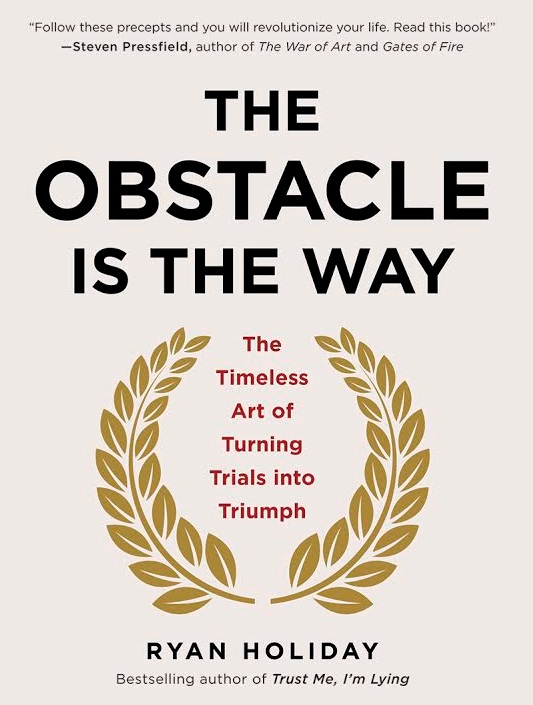[T]oday, “development economics” … has several key features: (1) It very consciously takes place in developing countries. These researchers are out collecting surveys or doing studies “in the field.” Perhaps the best way to define a development economist today is as someone whose presentation includes a picture of the village they worked in to collect data. (2) It is intensely concerned with identification of causal effects. Thus this field aspires to do randomized control trials (RCTs) to identify the causal effect of some X (e.g., de-worming treatments) on some Y (e.g., school attendance), as in Kremer and Miguel (2004). Failing that, some kind of natural experiment that features quasi-random treatment effects is examined. (3) It tends to be a-theoretical. The RCTs are showing reduced-form empirical effects of some kind of treatment on some kind of outcome. The de-worming paper of Kremer and Miguel is purely empirical, for example. This isn’t generally true, as there are papers that explicitly are testing some theory, but the dominant portion of the literature is purely empirical.
Through some historical inertia in the profession, we call this research “development economics.” But I think that this type of research is more properly called “poverty economics,” the study of individuals living in particularly poor, under-developed countries. … The RCTs are evaluations of interventions that aim to improve health, or nutrition, or educational attainment. By going out into these developing countries, these researchers are acutely aware of the constraints facing poor people, and are studying ways to alleviate those constraints.
This is all valuable research. It is perhaps more admirable in its motivations than other sub-fields of economics (*cough* finance *cough*). But it is not about “development.”
Economic development is about the transition of whole economies from low-productivity, poor places into high-productivity industrial economies. This transition encompasses several aspects: a move out of agriculture and into manufacturing or services, urbanization, declining fertility rates, integration with global markets. Current research in development economics – the RCTs and their like – does not study the transition. “What will make these people better off today?” is a different question than “What will make this economy develop?”
That’s Dietrich Vollrath, from the University of Houston, in a post titled “Defining Development Economics.” A few observations:
